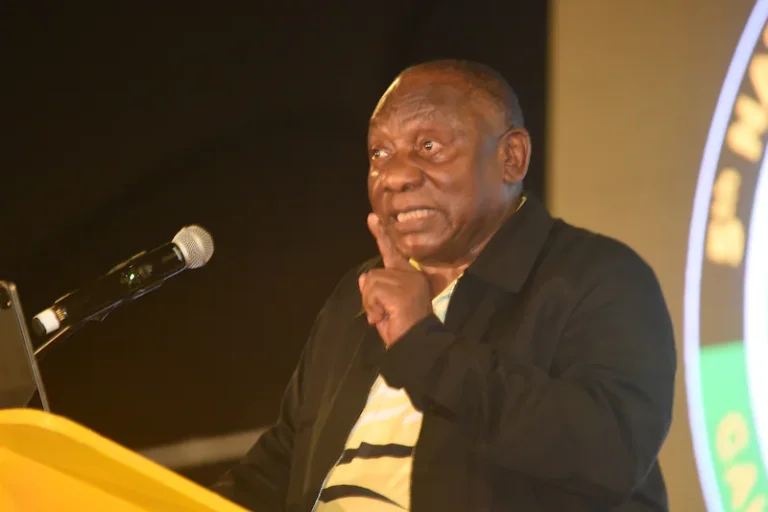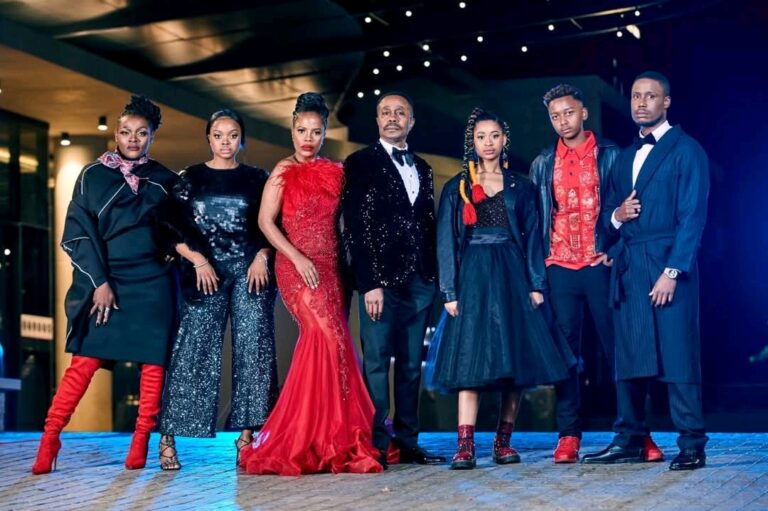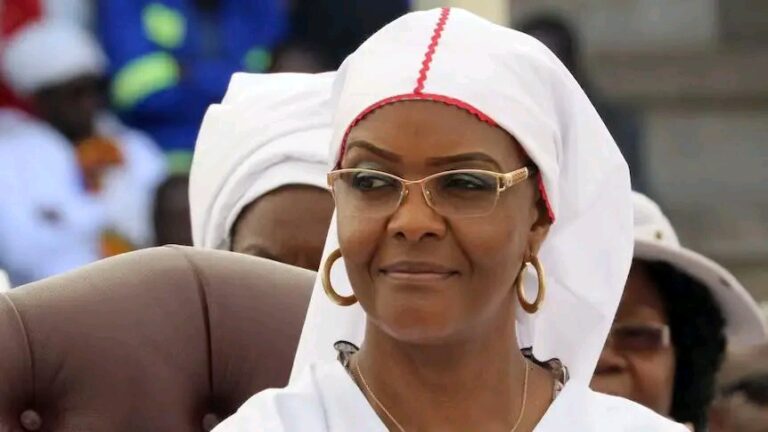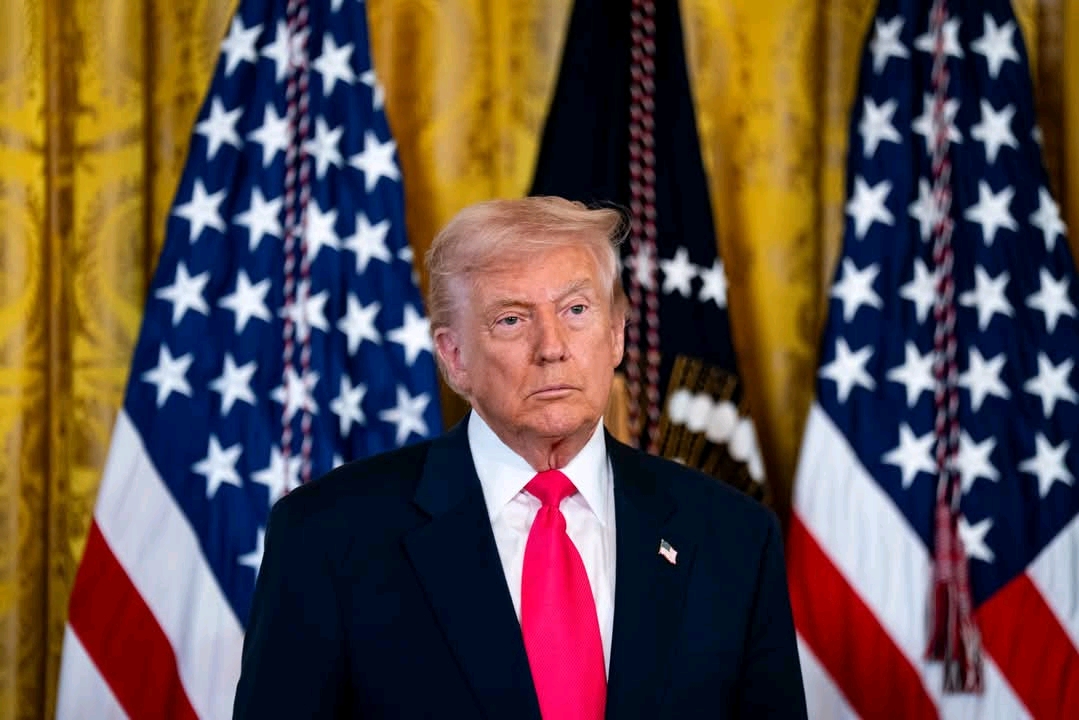
United States President Donald Trump has stirred controversy once again after accusing South Africa of having “policies of exterminating people,” a claim that has drawn widespread criticism and confusion from South Africans and political commentators alike. Trump’s comments came during a media briefing in Washington, DC, where he confirmed that he would not be attending the upcoming G20 Leaders’ Summit scheduled to take place in Johannesburg.
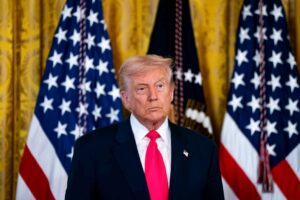
The President made the remarks while hosting Saudi Arabia’s Crown Prince and Prime Minister, Mohammed bin Salman. When asked about issues relating to Gaza and reports of Palestinians possibly being relocated to various countries — including South Africa — Trump bypassed the original question and instead launched into a criticism of South Africa’s governance.
According to Trump, South Africa has “behaved extremely badly,” and he considers its alleged policies “unacceptable,” which he says is the primary reason for his refusal to attend the G20 Summit. His statements also come after announcements that no senior US government officials would attend the event, even though the USA is set to take over the G20 presidency from South Africa immediately after the summit.
This is not the first time Trump has made alarming statements about South Africa. He previously claimed that white Afrikaners were being persecuted and even suggested offering them refugee status in the United States. His comments have frequently aligned with narratives promoted by fringe groups who insist that South Africa is experiencing a “genocide,” a claim widely dismissed by reputable institutions and rights organisations.
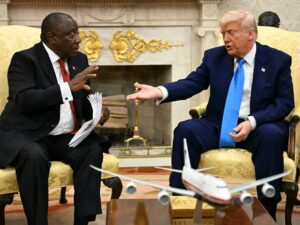
Locally, Trump’s remarks have once again triggered a wave of reactions on social media, where South Africans questioned his apparent preoccupation with the country. Many users dismissed his statements as exaggerated, misguided, or politically motivated. Some suggested that his fixation may be influenced by ongoing geopolitical tensions, particularly South Africa’s stance on the Israel–Palestine conflict. Others simply joked that the country “might give him a heart attack” if he continues obsessing over it.
Commentators noted that Trump appeared not to fully understand the questions posed to him at the media briefing, as he repeatedly returned to South Africa despite being asked about unrelated matters. Several South Africans also urged the government to respond cautiously, considering the diplomatic implications of the President’s claims.
In response to previous allegations of widespread persecution or racial extermination, organisations such as the FW de Klerk Foundation have strongly rejected Trump’s narrative, emphasising that the claims are not supported by verified data. The US State Department itself has previously distanced the American government from similar statements, explaining that their disagreements with South Africa are rooted in policy differences — not allegations of genocide.
Despite the backlash, Trump has remained vocal about his belief that South Africa should not hold a seat in the G20. His repeated criticism has raised questions about whether his stance represents official US policy or is merely a continuation of his personal rhetoric.
South Africans continue to express frustration and amusement at Trump’s ongoing commentary, with many urging him to focus on issues within the United States rather than repeatedly targeting a country thousands of kilometres away.


